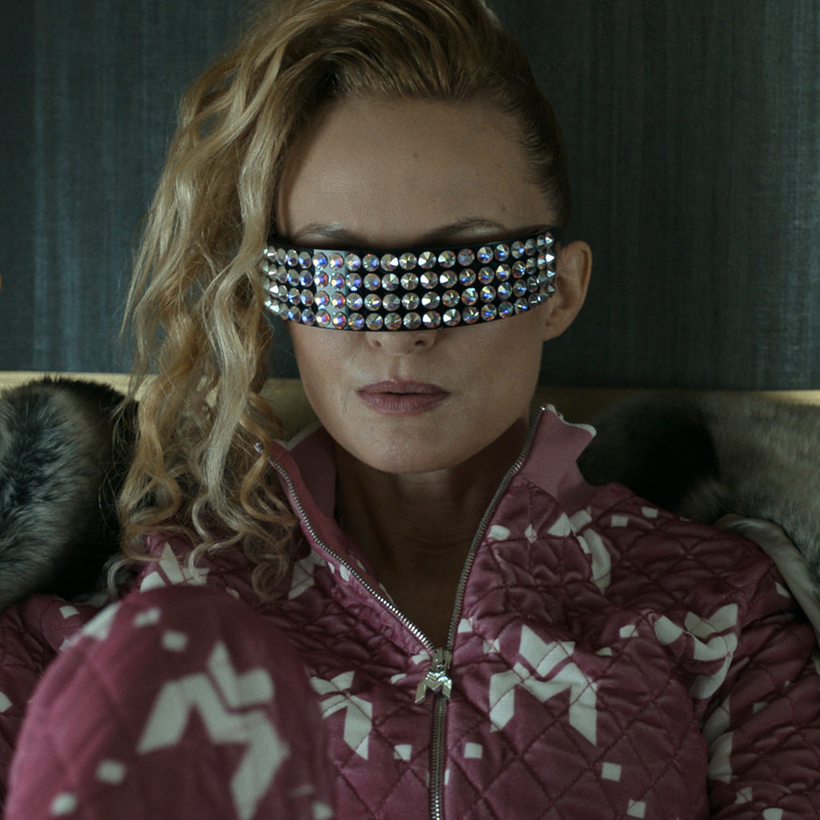Here’s a pop quiz: Name the most talented writer/director/producer/show-runner in Hollywood today who wears his social conscience as lightly and as effectively as Batman wears his cape. If you guessed Scott Z. Burns, go to the head of the class. From The Report to The Informant! to Contagion, Burns has consistently made entertaining films that also make you think about larger issues. This month, Apple TV will begin streaming Extrapolations, his eight-part series about climate change. Trust us: you will be hooked.
JIM KELLY: I have watched the first two episodes of Extrapolations, and though I am not usually a fan of futuristic, semi-apocalyptic fare, I found your series to be absolutely riveting, with such terrific writing and acting. As a producer of An Inconvenient Truth, you obviously had an interest in the damage done by climate change, but what inspired you to revisit the subject in such an ambitious way?

